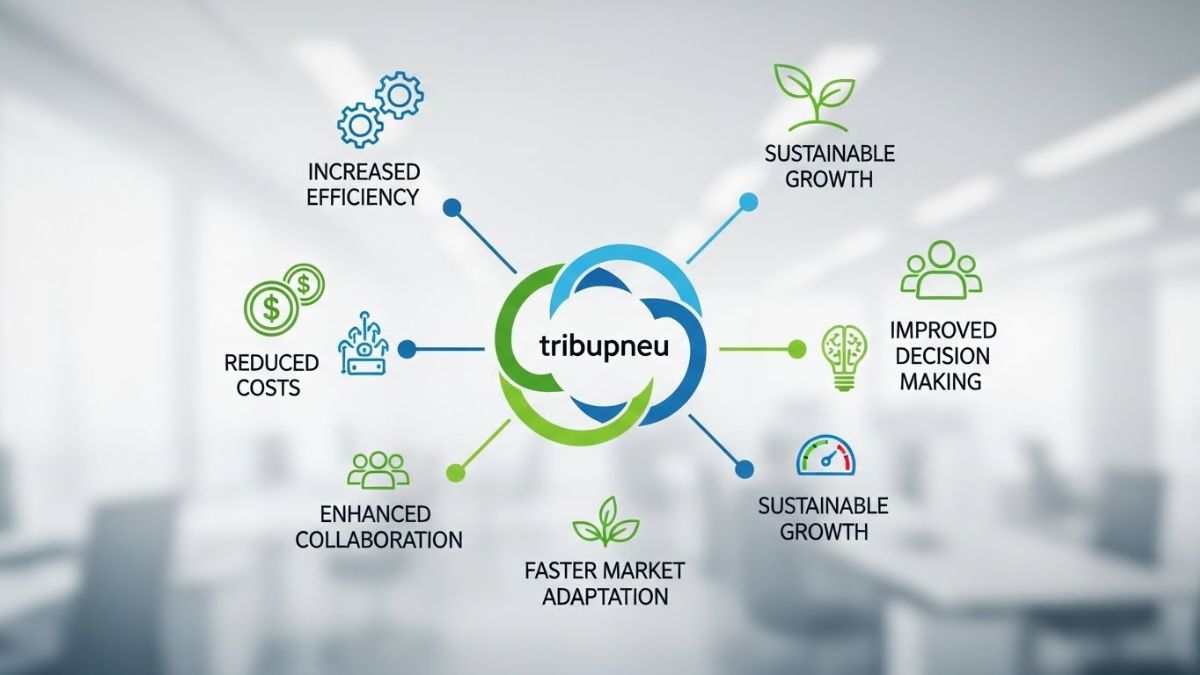Payroll tax reporting can be a time-consuming and complex task for businesses of all sizes. From keeping track of employees’ wages to staying updated on tax regulations, the process requires attention to detail to avoid costly mistakes. However, with the right tools and strategies, businesses can simplify payroll tax reporting and streamline their operations. Here’s how you can make payroll tax reporting easier, more efficient, and less stressful for your business.
1. Automate Payroll Processes
One of the most effective ways to simplify payroll tax reporting is through automation. Using payroll software helps ensure that calculations are accurate and deadlines are met. These systems can handle key tasks like:
- Calculating tax withholdings
- Filing tax forms
- Generating pay stubs
- Submitting payments to tax authorities
By automating these processes, such as how to make a paystub, you reduce the chance of human error, saving time and ensuring compliance with federal, state, and local tax regulations. Many payroll software solutions, such as Gusto, QuickBooks, or ADP, offer tax reporting features that automatically generate and file required forms like the W-2 or 1099.
2. Stay Organized with Payroll Records
Accurate and well-organized records are essential for efficient payroll tax reporting. Keep detailed documentation of employee wages, withholdings, tax deposits, and other related information. This not only helps when filing taxes but also ensures that your business is prepared in case of an audit.
Here are a few ways to stay organized:
- Use a digital filing system for all payroll records.
- Create folders for each tax year and employee to ensure easy access.
- Keep track of important tax deadlines using a calendar or reminder system.
Maintaining organized records not only simplifies reporting but also speeds up the process during tax season.
3. Outsource Payroll to a Professional Service
If payroll tax reporting feels overwhelming, outsourcing payroll tasks to a professional service can be a smart investment. Payroll service providers specialize in handling tax calculations, deductions, and filings, taking the burden off your shoulders. Many of these services guarantee accuracy and ensure that you stay compliant with evolving tax laws.
Outsourcing can also save you time by allowing you to focus on other business areas, such as growth and customer service, while leaving payroll tasks to the experts.
4. Understand Tax Laws and Regulations
Staying informed about current tax laws is essential for smooth payroll tax reporting. Both federal and state tax regulations can change regularly, so it’s important to be aware of updates that might affect your payroll process. This includes:
- Changes to income tax rates
- New deductions or credits
- Updates on Social Security or Medicare taxes
Make it a priority to review tax laws at least once a year, and if needed, consult with a tax professional who can guide you through any complex regulations. Being proactive in this area helps you avoid fines and penalties for late or incorrect filings.
5. File Payroll Taxes Electronically
Filing payroll taxes electronically is not only faster but also more accurate. The IRS encourages businesses to use the Electronic Federal Tax Payment System (EFTPS) to pay federal taxes. Many states offer similar systems for state-level taxes.
Electronic filing ensures that your payments are submitted on time, provides you with instant confirmation, and helps reduce the risk of errors. Additionally, many payroll software systems automatically file taxes on your behalf, making the process even simpler.
6. Monitor Payroll Deadlines
Meeting tax deadlines is crucial to avoid penalties. Keep track of quarterly and annual tax filing deadlines for both federal and state tax authorities. You’ll need to file:
- Quarterly payroll tax returns (Form 941)
- Annual Federal Unemployment Tax (FUTA) reports (Form 940)
- W-2 forms for employees
- 1099 forms for independent contractors
Set up reminders to ensure you meet these deadlines. Payroll software and service providers often include calendar features that automatically notify you of upcoming due dates.
7. Implement a System for Payroll Adjustments
Occasionally, payroll tax reporting may require adjustments due to errors, bonuses, or wage changes. Establish a system to handle these adjustments promptly to prevent any discrepancies in your tax filings. Make sure any changes in wages, benefits, or tax withholdings are accurately reflected in your payroll records to maintain compliance.
Regularly reviewing payroll reports ensures that you’re aware of any needed adjustments before they impact your tax filings.
8. Offer Employee Self-Service for W-2 and 1099 Forms
Make it easier for your employees to access their tax documents by providing an employee self-service portal where they can download W-2 or 1099 forms. Not only does this save you time, but it also ensures employees have access to their documents as soon as they’re available, reducing the workload on HR or payroll staff.
Self-service portals are often included with payroll software solutions and can help keep the entire tax process organized and efficient.
9. Consult a Payroll Tax Professional
For businesses dealing with complex payroll situations—such as multiple locations, remote employees, or complicated benefits structures—consulting a payroll tax professional can be invaluable. These experts can provide guidance on how to minimize errors, stay compliant with tax regulations, and handle any issues that may arise.
Regular consultations with a payroll tax professional can help you stay ahead of changing regulations and avoid any unexpected issues during tax season.
Simplifying payroll tax reporting doesn’t have to be a daunting task. By automating processes, keeping detailed records, and staying up-to-date with tax regulations, businesses can make payroll tax filing a smoother, more efficient experience. Consider using payroll software or outsourcing payroll tasks to professionals, and always ensure you meet deadlines to avoid costly penalties. With the right strategies, you’ll not only save time but also create a streamlined payroll process that benefits both your business and your employees.
ALSO READ: Andre A. Hakkak: A Visionary Leader in Finance and Investments















